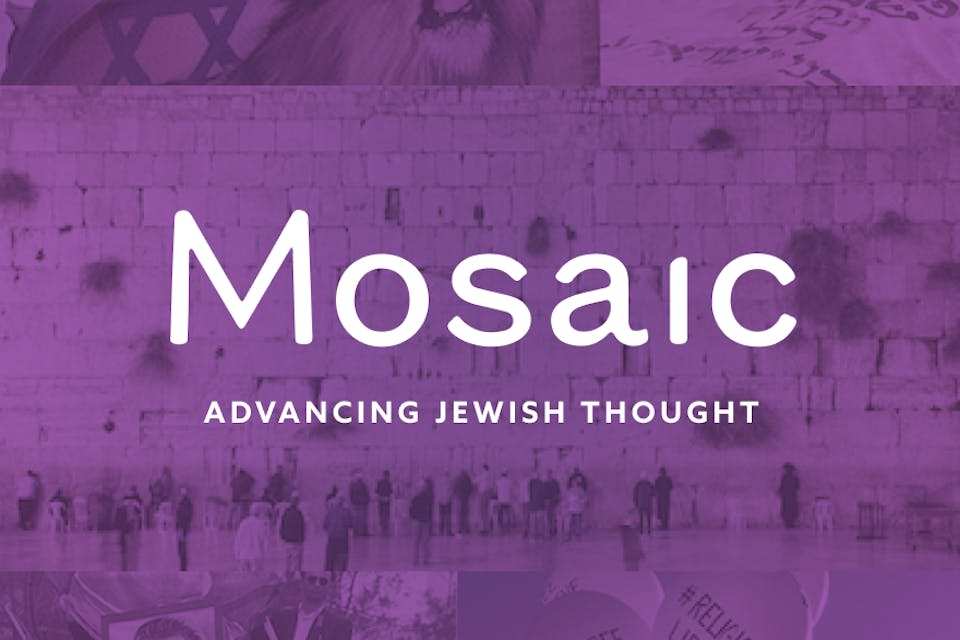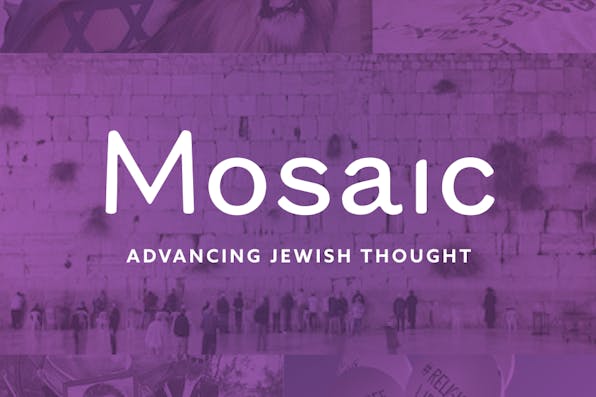
September 9, 2013
The Larger Battle
The real fight facing American Jews is not against intermarriage but for marriage itself.
In his characteristically thoughtful essay, Jack Wertheimer takes up the banner of those many American Jews who regard their Jewishness as very important to themselves, to their children, and to the future of American Jewry at large. As against the seemingly entrenched tendency to view intermarriage as inevitable, if not normative, Wertheimer boldly declares that the battle is not over. Rejecting the “defeatists” among Jewish clergy and in the organized Jewish community who have adopted a policy of no-questions-asked “inclusiveness,” he urges the opposite: reinforcing the boundaries between Jewish and non-Jewish behaviors and actively encouraging the conversion of Gentile partners and spouses.
Intermarriage does indeed loom large for American Jews who are justifiably concerned about the transmission of Jewish religious culture to the next generation. And yet, when we place intermarriage in the context of (in Wertheimer’s words) the “broader trends in American society,” we see a more pervasive problem. Intermarriage is just one current amidst a sea change in patterns of family formation in the United States.
From the 1960s until today, the prominence of heterosexual two-parent endogamous families has receded as diverse household models have increased. Skeptical American singles continue to view marriage and parenthood as abridgements of personal options. Partnered or single men and women, among them some number of gay and lesbian couples who eagerly pursue religious marriage ceremonies and the legal entitlements of conventional families, create households with single mothers and fathers, two mothers, or two fathers. In addition, about one-third of Americans marry across religious, ethnic, and racial lines, producing a new generation impatient with census questionnaires with a single box for ethnicity. Meanwhile, conventional family life has been periodically subjected to scathing critique in the academic press and the popular media. Against the backdrop of these sweeping changes, intermarriage between Jews and non-Jews is often regarded as just one more family construction among many.


